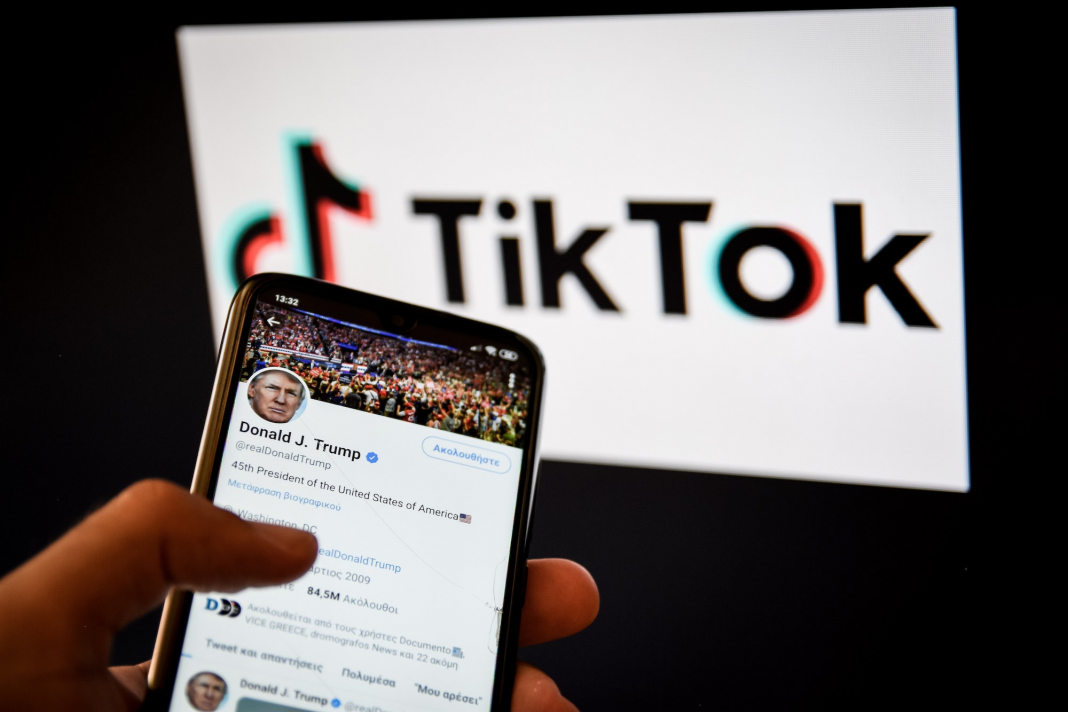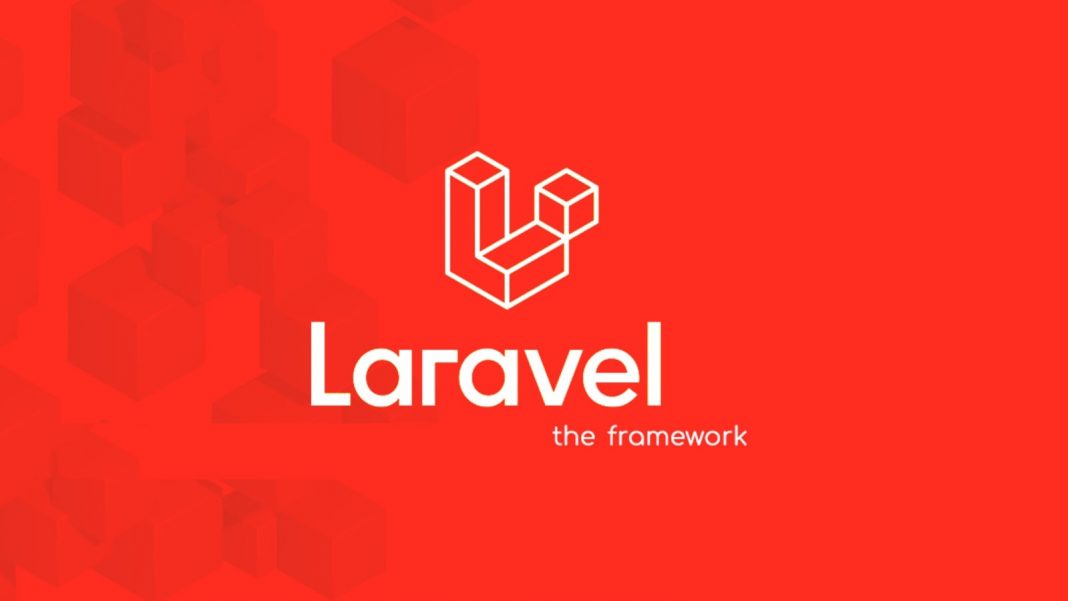You may recall this summer that, in addition to toilets that didn’t flush to his specifications, President Donald Trump went to war with TikTok.
Some theorized that it was because K-Pop fans using the app made him look like a dunce at a June rally in Tulsa, but Secretary of State Mike Pompeo claimed it was because the video sharing app’s parent company, ByteDance, could do nefarious things with user data on behalf of the Chinese government. (He referred to the service that delights millions with videos of cranberry juice-drinking Fleetwood Mac fans as “a Trojan horse for Chinese intelligence.”) As such, the administration threatened to ban TikTok entirely.
A deal, or at least the concept of a deal, was accepted by the Trump Administration wherein the Chinese company ByteDance would sell its core asset for the American market to an American company. (TikTok itself was already based in Los Angeles, and with a former Disney exec at the helm who defined his shop as “not really a Chinese company,” but this didn’t cut it.) While some companies like Microsoft, then a tandem of Oracle and Walmart, were eager work out an agreement, there was hesitation on behalf of the Chinese government. Then the pressure petered out, and there was that whole election thing. Trump’s deadline of November 12 still loomed, however, so, last week, TikTok finally tapped the mic to ask, “hey, do you still want us to do this?”
The Trump Administration, in typical form, responded not with a yes or a no, but with yet a further delay. As such, the new deadline is November 27.
What does this mean for users of the popular app, whose downloads, naturally, went through the roof when Trump began his threats? That remains unknown for now, but we can surely expect some cutting videos about it if the government actually interferes.



